According to estimates from international sleep experts, around 1 billion people worldwide have sleep apnea. At the ATS 2018 International Conference, scientists presented a new data study that shows that the prevalence of sleep apnea affects more than 936 million individuals worldwide—nearly ten times more than prior estimates.
A potentially deadly sleep problem called sleep apnea is characterized by frequent breathing pauses and starts. Sleep apnea may be present if you snore loudly and still feel exhausted after a full night’s sleep. If someone claims that you snort or gasp while you sleep, or if you suffer other signs of poor-quality sleep, such as excessive daytime tiredness, you might want to discuss sleep apnea with your healthcare physician.
In this article, you’ll learn about sleep apnea in children (and adults); how it works, the types, and natural remedies to try.
Let’s get started!
What is Sleep Apnea?
Sleep apnea is a disorder that makes it such that you briefly stop breathing while you’re asleep. Those who have sleep apnea do not breathe in enough oxygen, they gasp and frequently awaken as a result of this. Many times, people think their sleep cycle is normal and are unaware that they have ceased breathing. Snoring and sleep apnea might sound similar.
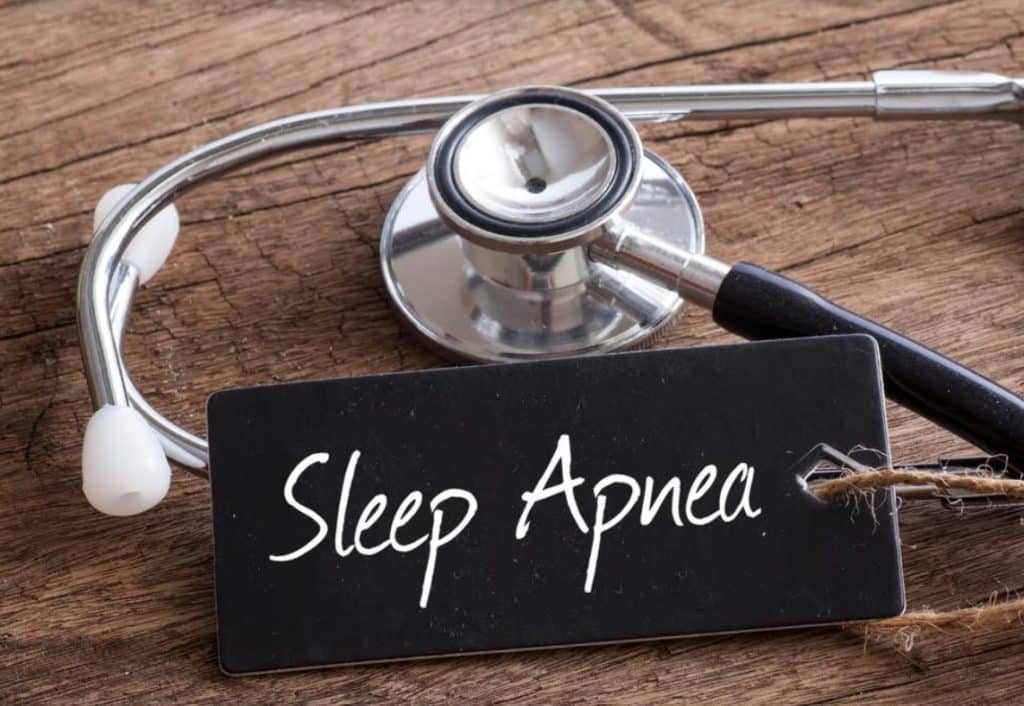
There are two types of sleep apnea.
Obstructive Sleep Apnea
This occurs when your upper airway is repeatedly closed while you’re sleeping, reducing or preventing airflow. This is the most common kind of sleep apnea. Obesity, large tonsils, or changes in hormone levels can all restrict the airway and raise the chance of developing obstructive sleep apnea.
Central Sleep Apnea
This occurs when the brain fails to transmit the necessary signals for breathing. Central sleep apnea can be brought on by medical disorders that interfere with how the brain regulates the airway and chest muscles.
Along with making you more exhausted in the morning, sleep apnea can lead to a number of health issues.
If left untreated, this sleeping disorder can lead to:
- Trigger mental health issues
- Contribute to memory loss
- Reduced immune function
- Increase risk of heart failure
What are the Symptoms of Sleep Apnea?
It can be challenging to distinguish between obstructive and central sleep apnea since their signs and symptoms sometimes coincide. The most typical obstructive and central sleep apnea indications and symptoms are:
- Morning headache
- Insomnia; difficulty staying asleep
- Hypersomnia; excessive daytime sleepiness
- Difficulty paying attention while awake
- Irritability
- Loud snoring
- Episodes in which you stop breathing during sleep — which would be reported by another person
- Gasping for air during sleep
- Awakening with a dry mouth
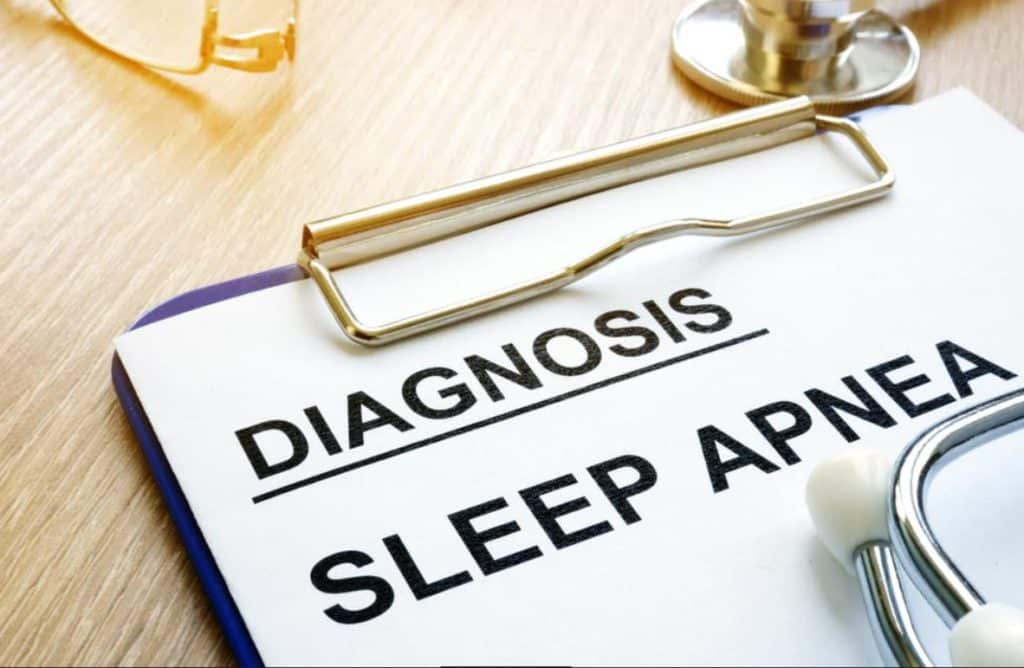
After experiencing any of these symptoms, it is best to consult your doctor for better diagnosis and clarity.
Home and Natural Remedies for Sleep Apnea
Some home remedies may offer the best treatment. The following are examples of some natural remedies that a person can use at home.
1. Weight Loss
In some people, having too much body fat can make sleep apnea more likely to occur. In particular, extra fat around or around the neck has the potential to aggravate sleep apnea and affect a person’s ability to breathe. Doctors usually recommend that people with sleep apnea lose weight.
Some healthy weight loss measures are:
- Consuming fewer processed and fast foods
- Limiting the intake of sugary drinks
- Getting frequent exercise for at least 30 minutes each day
2. Change your Sleeping Position
Although it’s a minor adjustment, changing your sleeping posture can help with sleep apnea symptoms and enhance your quality of sleep. According to a 2006 study, posture affects more than half of obstructive sleep apnea cases.
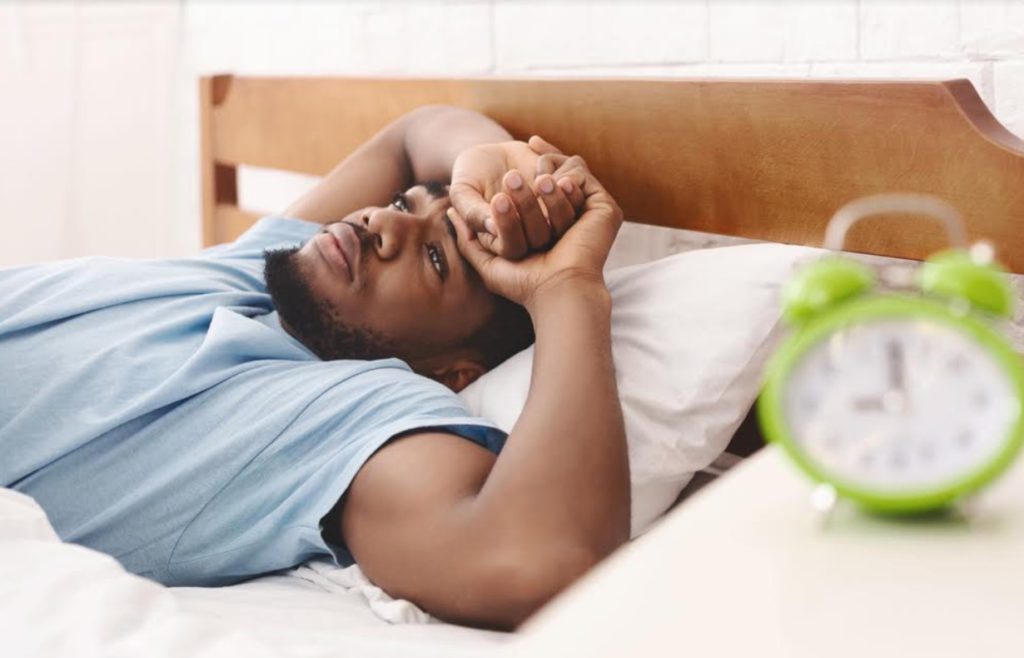
According to studies, sleeping on your back can make symptoms worse. Adults who sleep on their sides may see a restoration to regular breathing. To determine your treatment options, discuss your body position and your sleep apnea symptoms with your doctor.
3. Avoid Drinking and Smoking
To lessen sleep apnea difficulties, it is best to consider giving up smoking and taking alcohol. Alcohol relaxes the breathing muscles in your throat. This may cause snoring and sleep cycle interruptions. Additionally, it may cause inflammation in your airways, which would prevent airflow. Similar to drinking alcohol, smoking can aggravate airway inflammation and edema. This may make your sleep apnea and snoring worse.
Some people with sleep apnea may benefit from adopting these behaviors to lessen the frequency of apnea episodes and the accompanying symptoms.
Yoga
Due to its ability to aid you with posture and breathing, yoga is frequently suggested as one of the treatments for sleep apnea. Yoga can help you improve your circulation and oxygen flow because there is a connection between sleep apnea and low levels of oxygen in the blood.
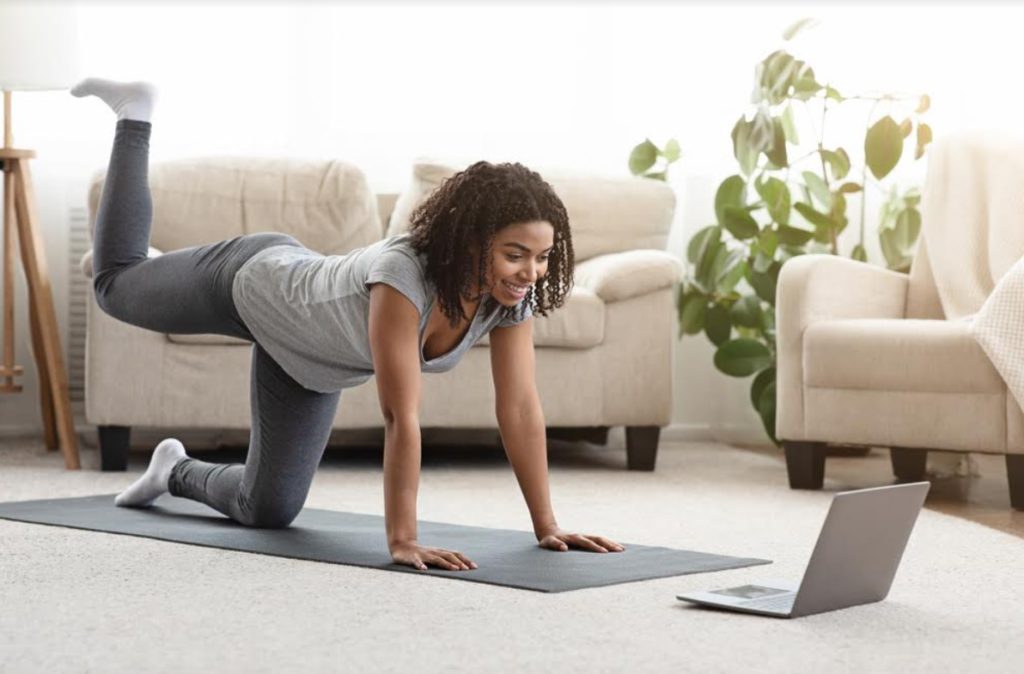
1. Use a Humidifier
Devices that add moisture to the air are called humidifiers. The respiratory system and the body may become irritated by dry air. Using a humidifier can help you breathe more clearly, clear up congestion, and widen your airways.
This is also really effective for treating sleep apnea in children.
2. Use of Oral Appliances
In order to keep your airway open while you sleep, oral appliances can treat sleep apnea by moving your jaw or tongue. These devices range from affordable over-the-counter (OTC) alternatives to ones that a dentist would fit specifically for you. Mandibular advancement devices and tongue stabilizing devices are the two main categories.
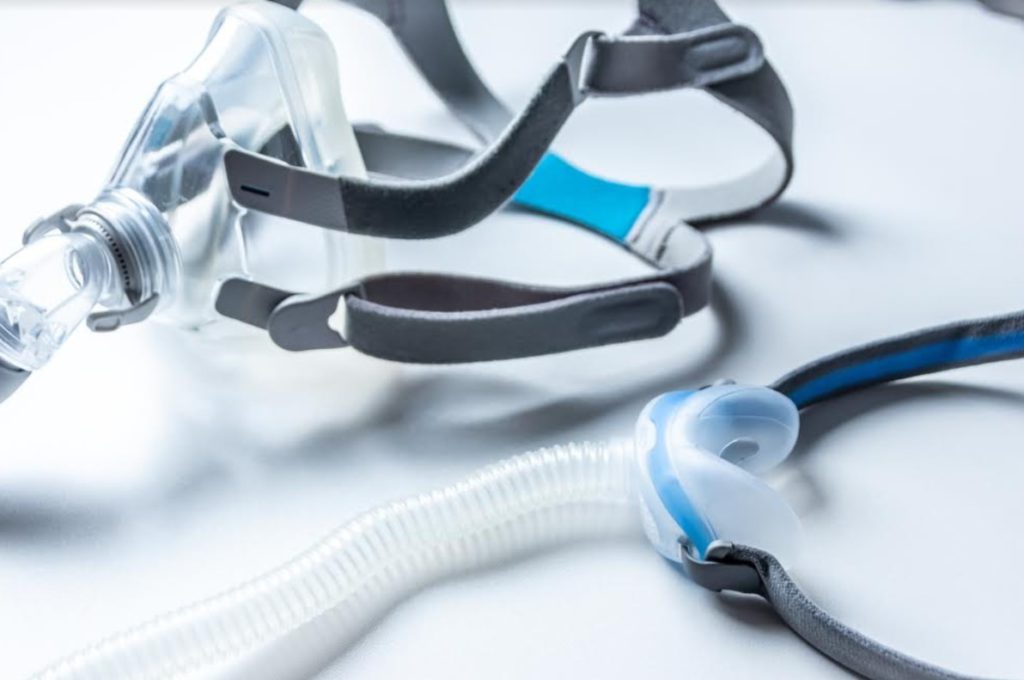
To lessen the obstruction at the back of your throat, these work by pushing your lower jaw or tongue forward.
3. Raise the Head of the Bed
The number of apnea episodes may be decreased by sleeping with the head of the bed at an angle of around 60 degrees. If you have sleep apnea that becomes worse when you lie on your back yet find it difficult to sleep on your side, this remedy might help.
Sleeping in a bed or chair with an adjustable upper part will allow people to reach this position.
4. Throat Exercises
You may prevent the muscles in your upper airway from easily collapsing while you sleep by strengthening them with the help of specific throat workouts. The three most popular tongue-strengthening techniques are as follows:
- Several times a day, for a few minutes, repeatedly curl the tongue
- Saying the five vowels—a, e, I o, and u—out loud
- Singing
Conclusion
Sleep apnea can be a serious condition. The heart works extra hard to pump blood through the body to supply the oxygen that is missing during apnea episodes when a person stops breathing. This added strain on the heart can harm it, causing high blood pressure, irregular heartbeats, and other conditions.
After your sleep apnea has been identified and the underlying causes comprehended, a doctor must choose the course of treatment that will be most beneficial for you. Therefore, seeing a doctor is the first step.

